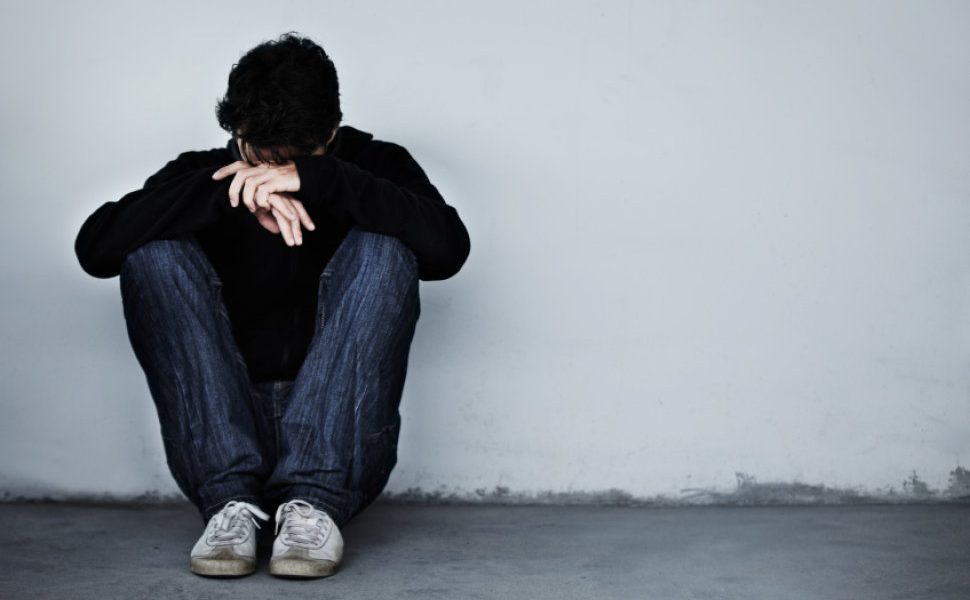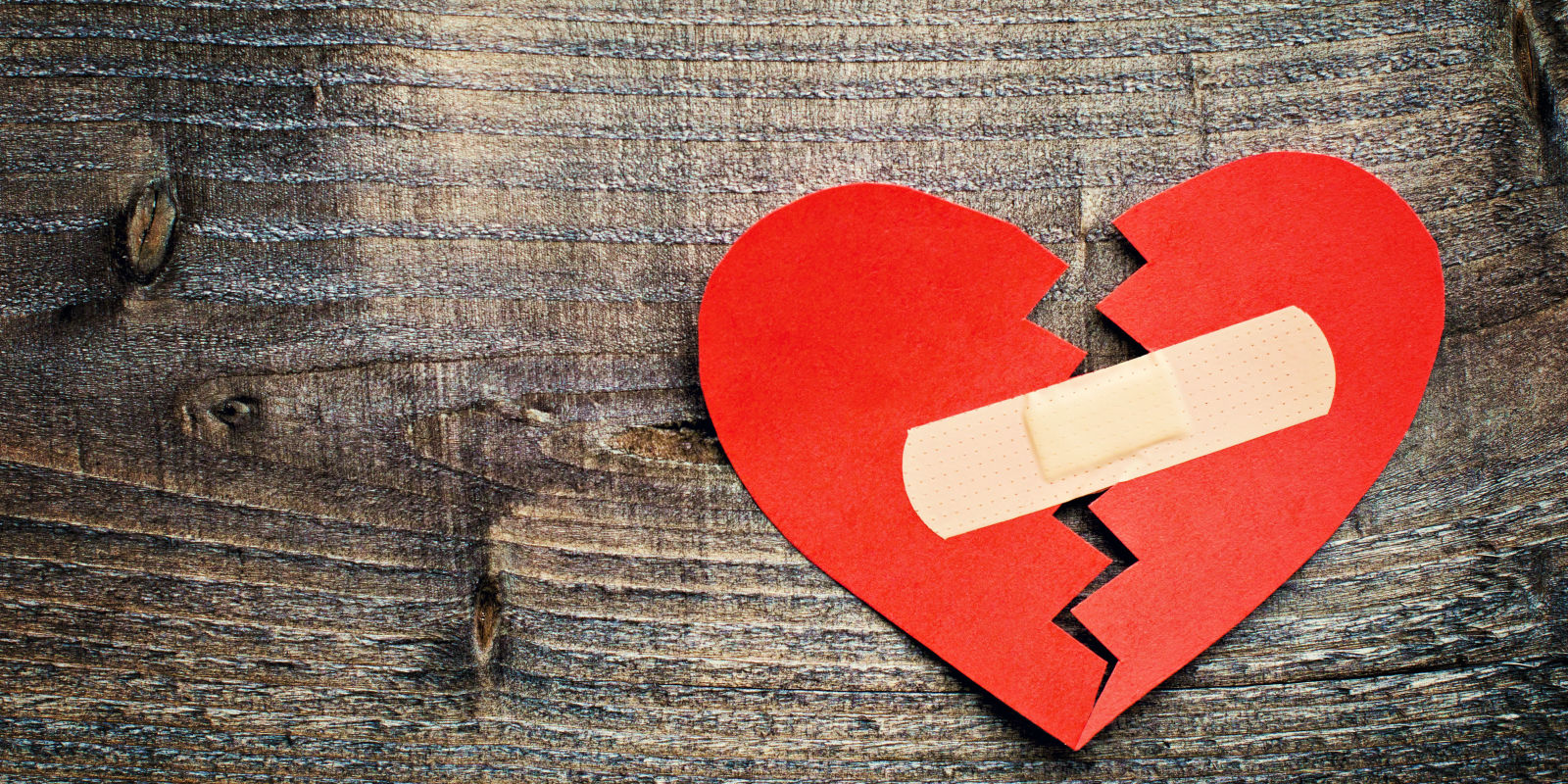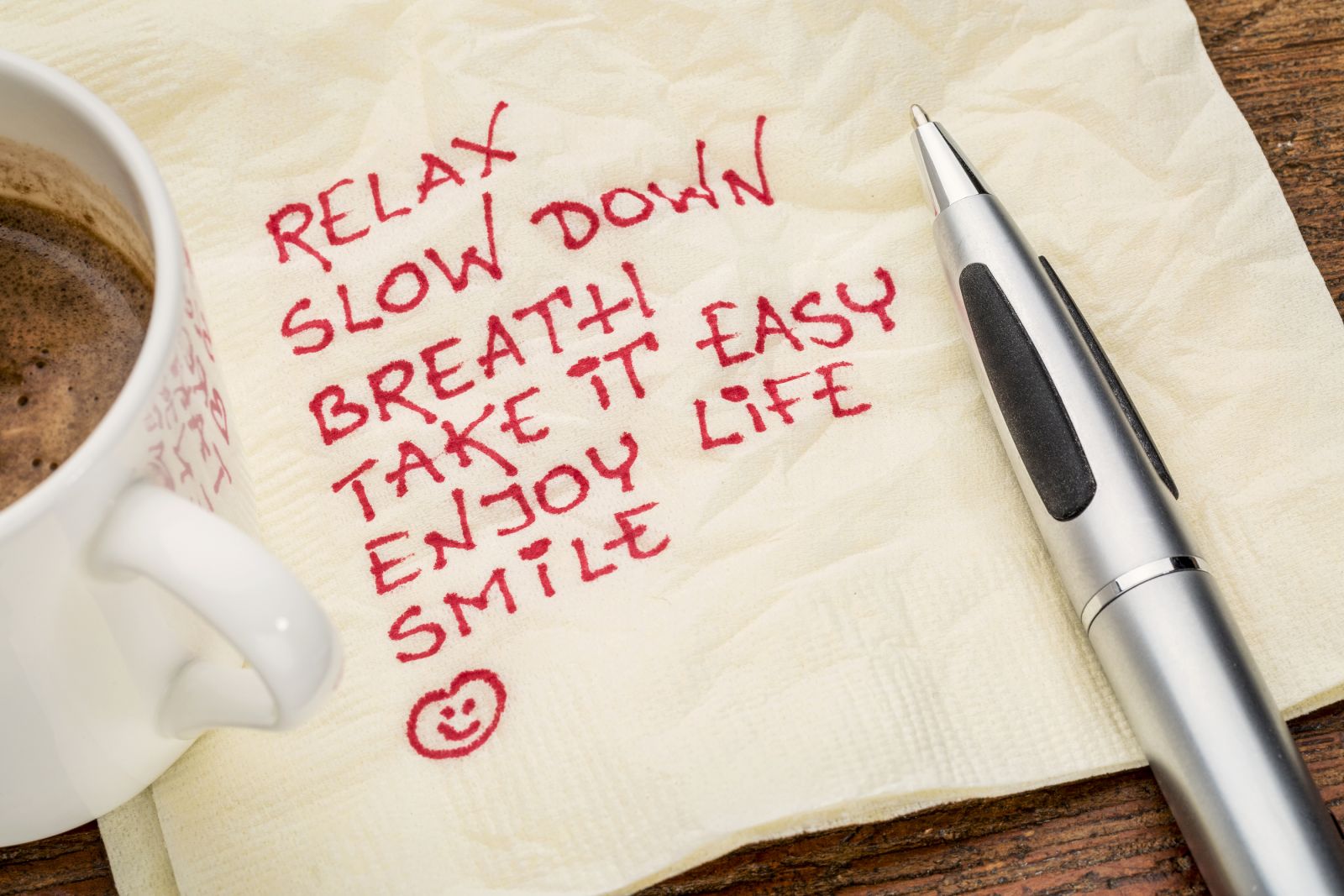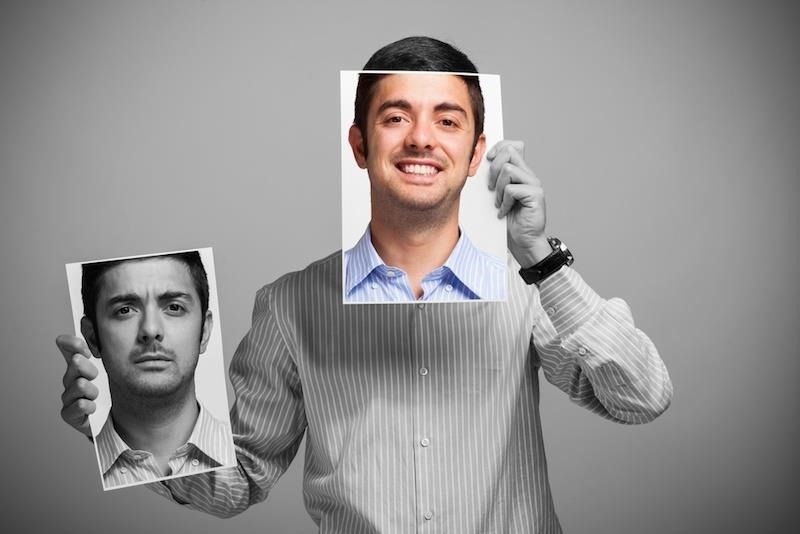Fresh out of CalSO, I felt, as most do, conflicting emotions: excitement, of course, to be part of the Berkeley community, yet I also felt a looming anxiety for the stress, expectations, and changes of the coming year. The latter feeling inevitably brings a certain memory to mind…
Part of student orientation includes a visit from a representative for the University Health Services, who only had time to answer one question: “I heard that the Berkeley suicide rate is really high. What do you have to say about that?”
I don’t remember the exact wording of the question, but I do remember its bluntness, which momentarily left the Dwinelle lecture hall in stunned silence. The response was an honest one—Berkeley’s is “average.” So there’s one myth to dispel: Berkeley, with its reputation for brutal competition and challenges, is not home to any abnormal amount of student suicide. Hopefully, the word “abnormal” can be removed one day; however, the reality is that suicide is still a very real problem in college. It is the second leading cause of death for college-aged students, and one of its principle causes, depression, is alarmingly common among students and in America as a whole (1 in 7 is reported to suffer from it).
The purpose of my words is not to raise panic, to counterintuitively depress you, or to make you a crusader in the fight against student sadness (such a campaign might in fact result in you feigning happiness, which is generally not advisable). I do wish to add another voice in a discussion that is often stifled, a voice urging anyone who suffers from depression or suicidal thoughts (or who knows someone who does) to not feel ashamed of their emotions. Shame can be seen as an extension of self-hate, and much depression stems from the erroneous belief that one is not worthy of love and, ultimately, existence. Often, the depressed do not share their feelings out of shame or the fear of being a burden.
But the burdened do not have to be burdens. And in my experience with people suffering from depression, communication has always led to improvement. Your fears, your doubts, your dreads, your hate, and your depression… feeling and discussing these things do not make you a worse human being—they make you human.
For many, all that’s required for emotional change is the willingness to speak up and overcome the fear of stigmatization. Or, if you are in the role of the observer, to reach out to someone, for speaking up can be remarkably difficult when it comes to this topic. A university is an incredible open forum, yet many close themselves off emotionally. Just remember: you are not alone. Whatever your identity or condition, you are not alone. Despite whatever you or anyone else thinks, you are worth the time and care of others, and those are available. Your identity does not make you inherently better or worse than anyone else. Your actions don’t propel you to eternal happiness or condemn you to perpetual failure.
So if you’re down: forgive yourself, take care of yourself, and open up. It’s harder said than done, but it’s worth a try, because you do have a voice. And you might be surprised with what happens next.
Citations
- What You Need to Know about College Students and Suicide from the UC Berkeley University Health Services <http://uhs.berkeley.edu/students/counseling/PDF/CollegeStudentsandSuicide.pdf>
Article by Arun Burra
Feature Image Source: US News
























